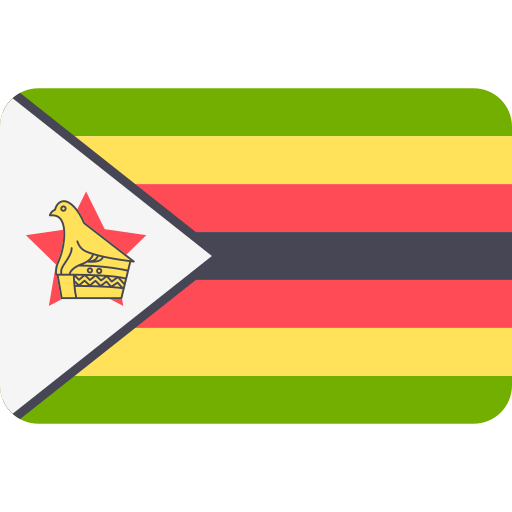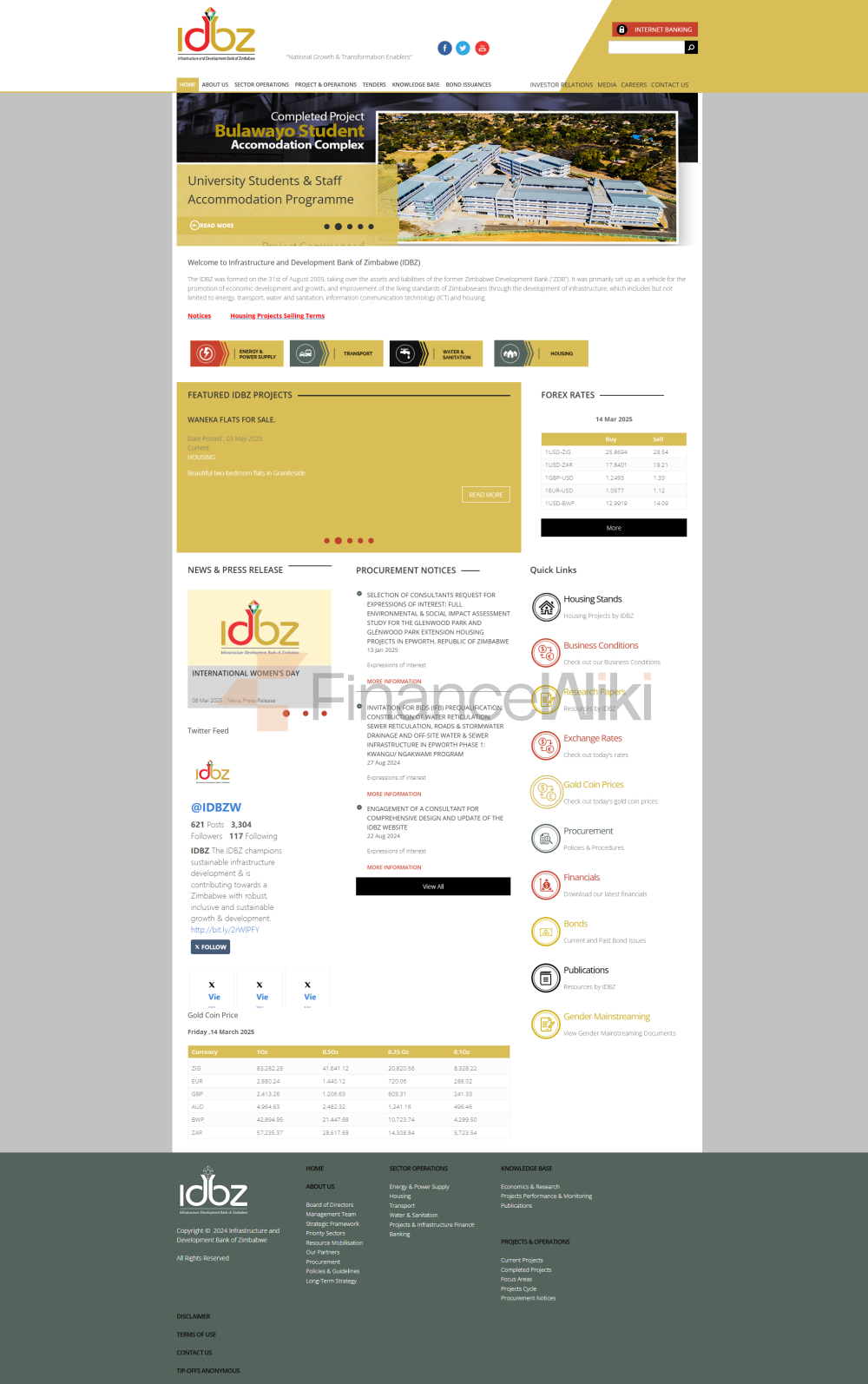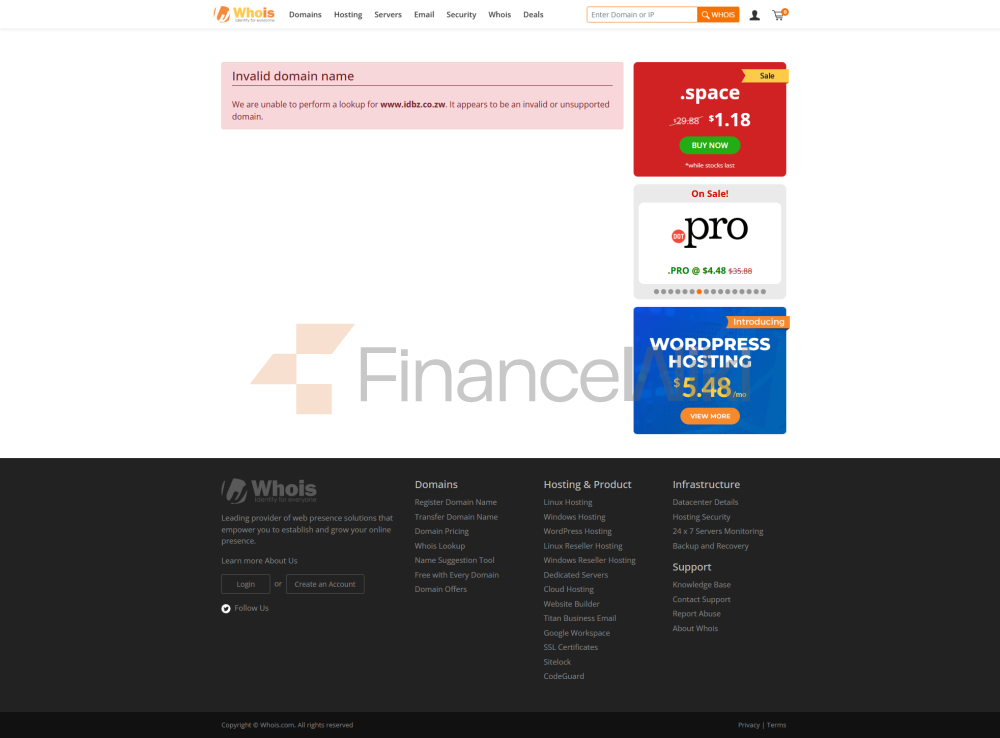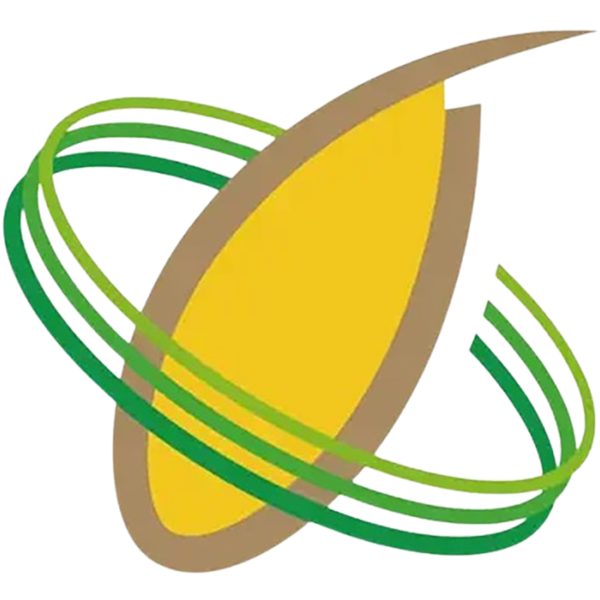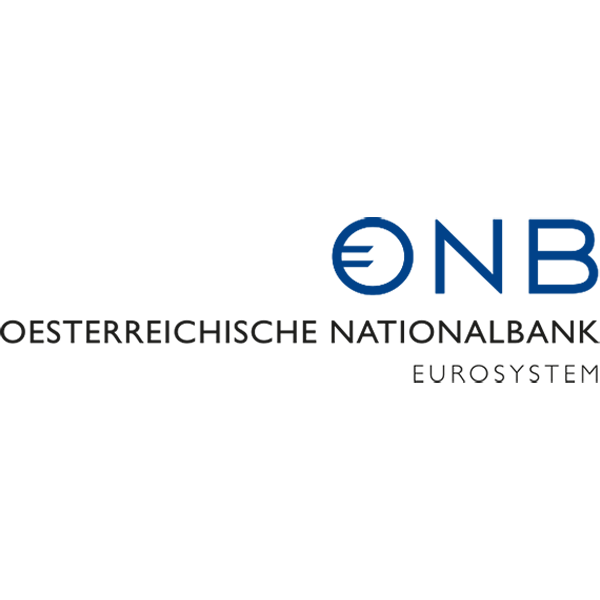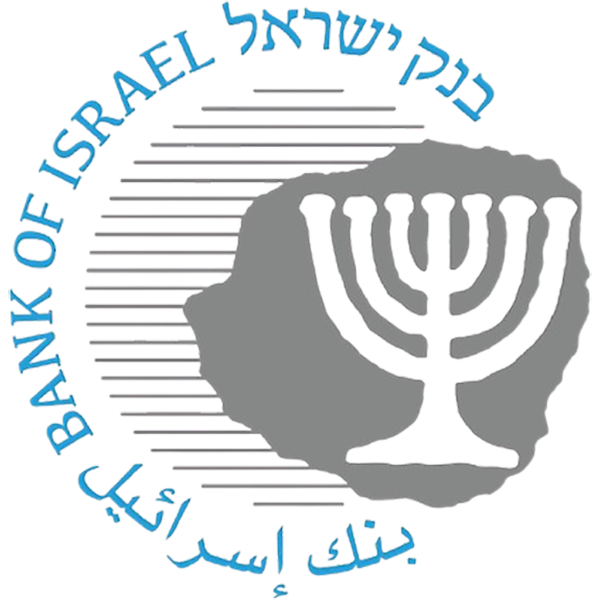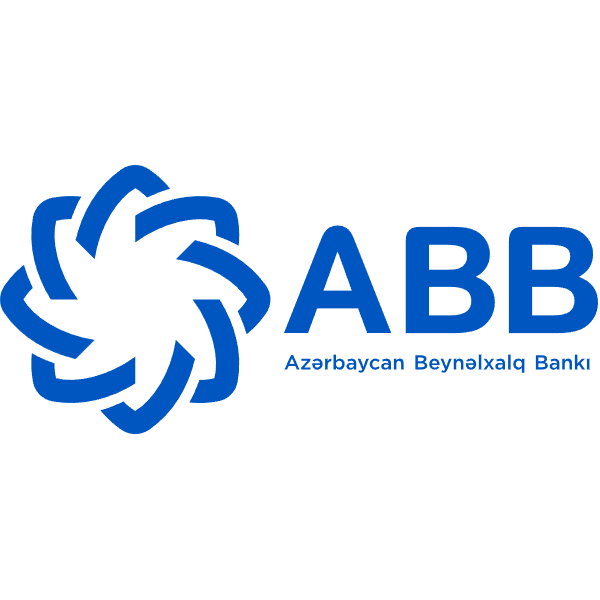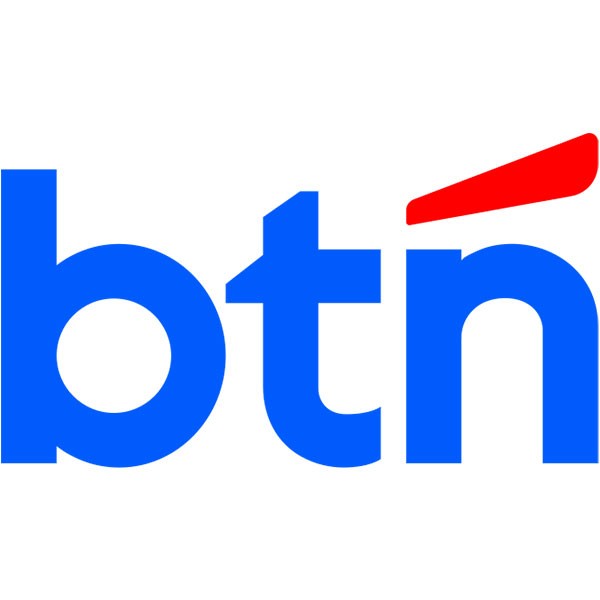Basic Information
The Infrastructure Development Bank of Zimbabwe (IDBZ) is not a traditional commercial bank, but a wholly government-owned Development Finance Institution (DFI). It acts like a dedicated engineer working to finance Zimbabwe's infrastructure rather than competing in retail banking. Its core mission is to drive the country's economic development by supporting key sectors such as energy, transportation, housing, and more.
Name and Background
The full name is the Infrastructure Development Bank of Zimbabwe, which was established on August 31, 2005, to take over the assets and liabilities of the former Zimbabwe Development Bank (ZDB).
Headquartered in Harare, IDBZ House, 99 Gamal Abdel Nasser Road, Harare, Zimbabwe, is a central landmark in planning the nation's future. Under the IDBZ Act (Chapter 24:14), IDBZ is 100% owned by the Government of Zimbabwe, unlisted and without private shareholders. In 2018, the government injected $150 million to strengthen its capital strength. The bank does not aim to make a profit, but to improve the lives of the people of Zimbabwe.
Scope of Services
IDBZ's services are focused on Zimbabwe, covering energy, transport, housing, water, sanitation and information and communication technology (ICT). It has no plans for international expansion and is fully committed to nation-building. The bank operates primarily from its headquarters in Harare and has a branch in Bulawayo (263 Leopold Takawira Avenue, Bulawayo, Zimbabwe, approximately 438 km from Harare). Don't expect a wide range of outlets or ATMs, IDBZ is more focused on project financing than retail services, and its ATM distribution is almost nil.
Regulation & Compliance
IDBZ is regulated by the Reserve Bank of Zimbabwe (RBZ) to ensure compliance with national financial regulations. As a development bank, it does not participate in commercial banks' Deposit Insurance Schemes because its funds are mainly used for project financing rather than retail deposits. There is no recent record of public violations or sanctions, and the compliance performance is good. IDBZ has partnered with the Green Climate Fund and conducted Environmental and Social Impact Assessments (ESIS) on projects such as the Epsworth housing project, demonstrating a commitment to international standards.
Financial health
As of December 31, 2017, IDBZ's total assets were US$188.98 million and shareholders' equity was US$54.78 million, which increased to more than US$330 million in 2018 after government capital injections. Specific indicators such as the Capital Adequacy Ratio, Non-Performing Loan Ratio, or Liquidity Coverage Ratio are not disclosed, which is common among development finance institutions because their risk models differ from those of traditional banks. Thanks to government support, IDBZ is financially stable, and its bond issuances, such as the US$30 million raised for the ZETDC prepaid meter project in 2012, have performed well, reflecting investor confidence. Its financial health is backed by the state and the risk is low.
Deposit & Loan Products
IDBZ does not offer retail banking products, does not have a current account, time deposit or high yield savings account, and does not have a Certificate of Deposit (CD). Its "customers" are infrastructure projects, not individuals, so there is no data on deposit rates. In terms of loans, IDBZ provides medium- and long-term financing for infrastructure, such as raising US$11.2 million for the Harare Power Station Renovation Project or supporting the Matabelelan-Zambezi Water Project. These loans are for public entities or public-private partnerships (PPPs) and do not involve mortgages, car loans, or personal credit. Repayment flexibility varies from project to project and is often tied to bond issuance or government terms. Retail users may feel that the product is monolithic, but when it comes to infrastructure financing, IDBZ is the main force.
List of Common Fees
IDBZ does not serve retail customers, so there are no account management fees, transfer fees, overdraft fees, or inter-bank ATM withdrawal fees. There are also no hidden fees like minimum balance penalties as it doesn't offer a personal account. Fees are typically embedded in project finance agreements and negotiated by institutional clients such as ZINWA or ZETDC, and are not associated with the average consumer. For individuals, IDBZ is a zero-fee existence as it does not set foot in the retail sector.
Digital Service Experience
IDBZ's limited digital services reflect its focus on infrastructure rather than retail banking. There are no mobile apps available on the App Store or Google Play, and there are no user ratings. Its website (e*********@idbz.co.zw". )。 There is no 24/7 hotline, live chat, or social media interaction, and the response speed is optimized for the needs of the agency. Complaint rate, resolution time, and satisfaction data are not publicly available because IDBZ is not part of the retail feedback system. Multi-language support may be limited to English, which is not a hindrance to their project customers due to the locale in Zimbabwe.
Safety and Security Measures
As it does not accept retail deposits, IDBZ does not participate in the deposit insurance program, and its funding is mainly sourced from government-backed or project-specific accounts. Anti-fraud measures focus on project financing transparency, such as the assessment of environmental and social criteria for the Glenwood Park housing project. There is no record of ISO 27001 certification or data breaches, as it operates far less data than commercial banks. IDBZ security is solid in its domain, backed by state-owned backgrounds and regulatory frameworks, but it is not a safe option for retail users.
Featured Services & Differentiation
IDBZ excels in infrastructure financing rather than retail services. It doesn't offer student accounts, senior citizen banking or green retail products, but its programs are full of Environmental, Social, and Governance (ESG) elements, such as solar irrigation or solid waste management supported through the Green Climate Fund. Without private banking or wealth management services, high-net-worth individuals are not its target. It customizes financing for nationally prioritized projects, such as ZINWA's water bonds or ZETDC's energy bonds. The student housing and service-type land parcel project in Willsgrove, Bulawayo, indirectly benefit the community, but retail bespoke products are not within its scope.
Market Position & Accolades
IDBZ does not compete with global banks (such as HSBC) or regional giants, it is a Zimbabwean-focused development agency. Its assets (about $330 million after 2018) are insignificant among global banks, but they have far-reaching impact in the domestic infrastructure sector. It has not been included in the list of the world's top 50 banks, nor has it won awards such as "Best Digital Bank" or "Most Innovative Bank". Its "accolade" is reflected in its role as a pillar of Zimbabwe's infrastructure, proven through successful bond issuances and partnerships with the Green Climate Fund. For DBS, it is a position of practical contribution rather than market shine.

